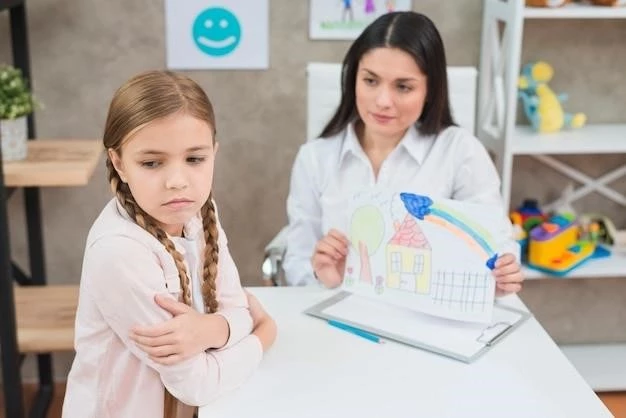Understanding Trisomy 2p involves recognizing symptoms, exploring treatments, genetic counseling, and managing developmental delays.
Symptoms of Chromosome 2 Trisomy
Common symptoms of Chromosome 2 Trisomy include intellectual disabilities, feeding difficulties, delayed growth, distinctive facial features, and heart defects. Additionally, individuals may experience hearing loss, vision problems, and skeletal abnormalities. Each case can vary in severity and may present unique challenges for affected individuals.
Treatment Options for Trisomy 2p
Treating Trisomy 2p involves a multidisciplinary approach tailored to each individual’s needs. Interventions may include speech therapy, physical therapy, occupational therapy, and special education services. Additionally, surgeries may be required to address specific health issues, such as heart defects. It is essential for healthcare providers to closely monitor and manage the various aspects of Trisomy 2p to optimize the individual’s quality of life.
Genetic Counseling for Chromosome 2 Trisomy
Genetic counseling for Chromosome 2 Trisomy involves providing families with information about the condition, its inheritance pattern, and potential risks. It offers emotional support, guidance on available resources, and helps individuals make informed decisions regarding family planning. Genetic counselors play a crucial role in assisting families affected by Chromosome 2 Trisomy in understanding the genetic aspects and implications of the condition.
Managing Developmental Delays in Trisomy 2p
Managing developmental delays in Trisomy 2p involves early intervention services, individualized education plans, and therapies tailored to the child’s specific needs. Physical, occupational, and speech therapies can help address delays in motor skills, communication, and overall development. It is essential for caregivers and healthcare professionals to work collaboratively to support the child’s progress and enhance their overall well-being.
Support Groups for Families Affected by Trisomy 2p
Support groups for families affected by Trisomy 2p offer a valuable network for emotional support٫ sharing experiences٫ and accessing resources. These groups create a sense of community٫ provide guidance on coping strategies٫ and empower families with knowledge and understanding. Connecting with others facing similar challenges can help families navigate the complexities of Trisomy 2p and find strength in unity.
Research Advances in Chromosome 2 Trisomy

Research into Chromosome 2 Trisomy continues to drive progress in understanding the condition, identifying potential treatments, and enhancing quality of life for affected individuals. Advances in genetic technologies and therapies offer hope for improved outcomes and symptom management. Ongoing studies focus on unraveling the complexities of Trisomy 2p to pave the way for innovative approaches and interventions that can benefit individuals living with this rare genetic disorder.
Educational Strategies for Children with Trisomy 2p
Educational strategies for children with Trisomy 2p involve personalized learning plans, specialized educational support, and a nurturing environment. Individualized education programs (IEPs) tailored to the child’s unique needs can help optimize learning outcomes. Adaptive teaching methods, assistive technologies, and early intervention services play a vital role in promoting the academic and overall development of children with Trisomy 2p.
